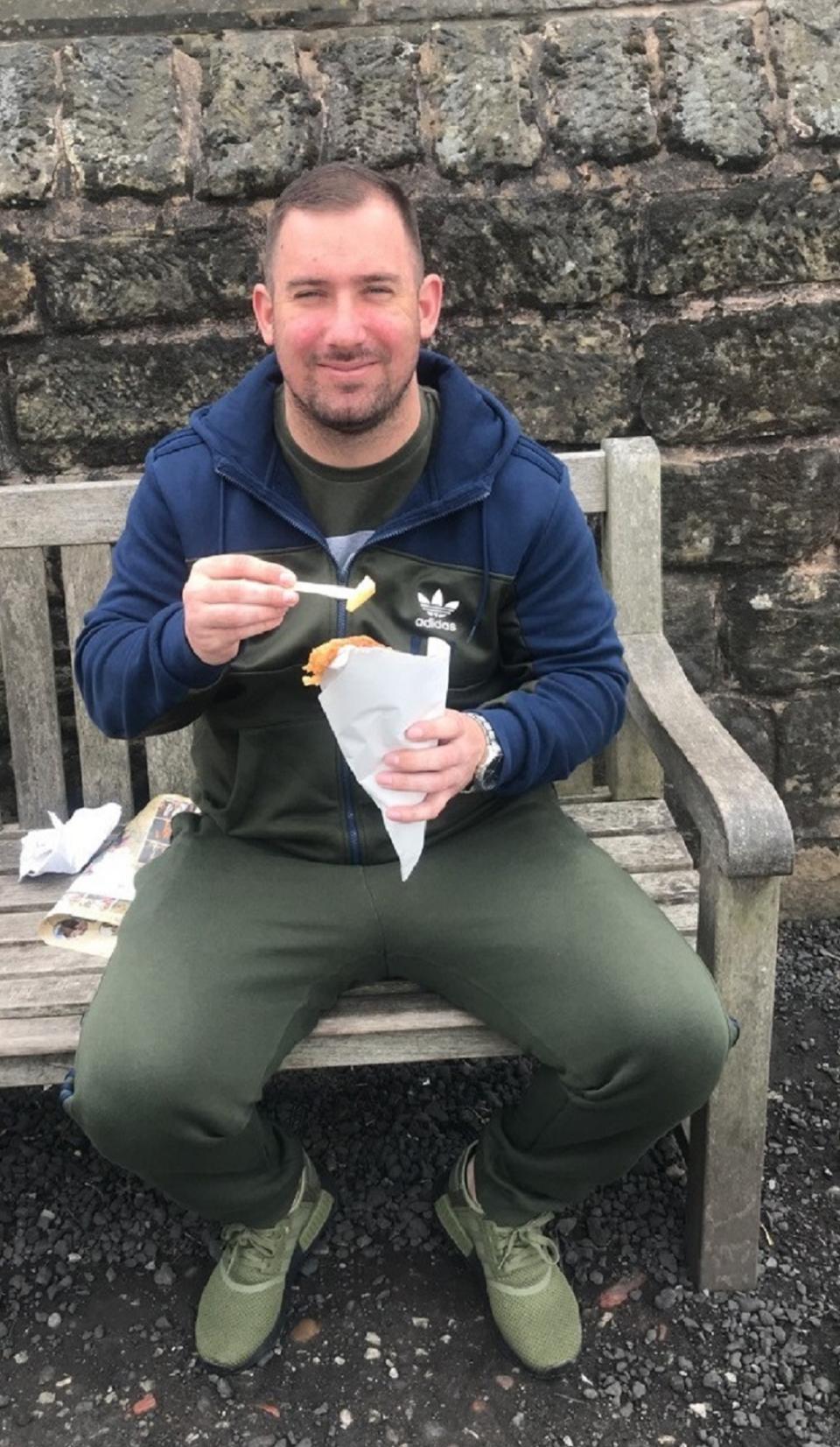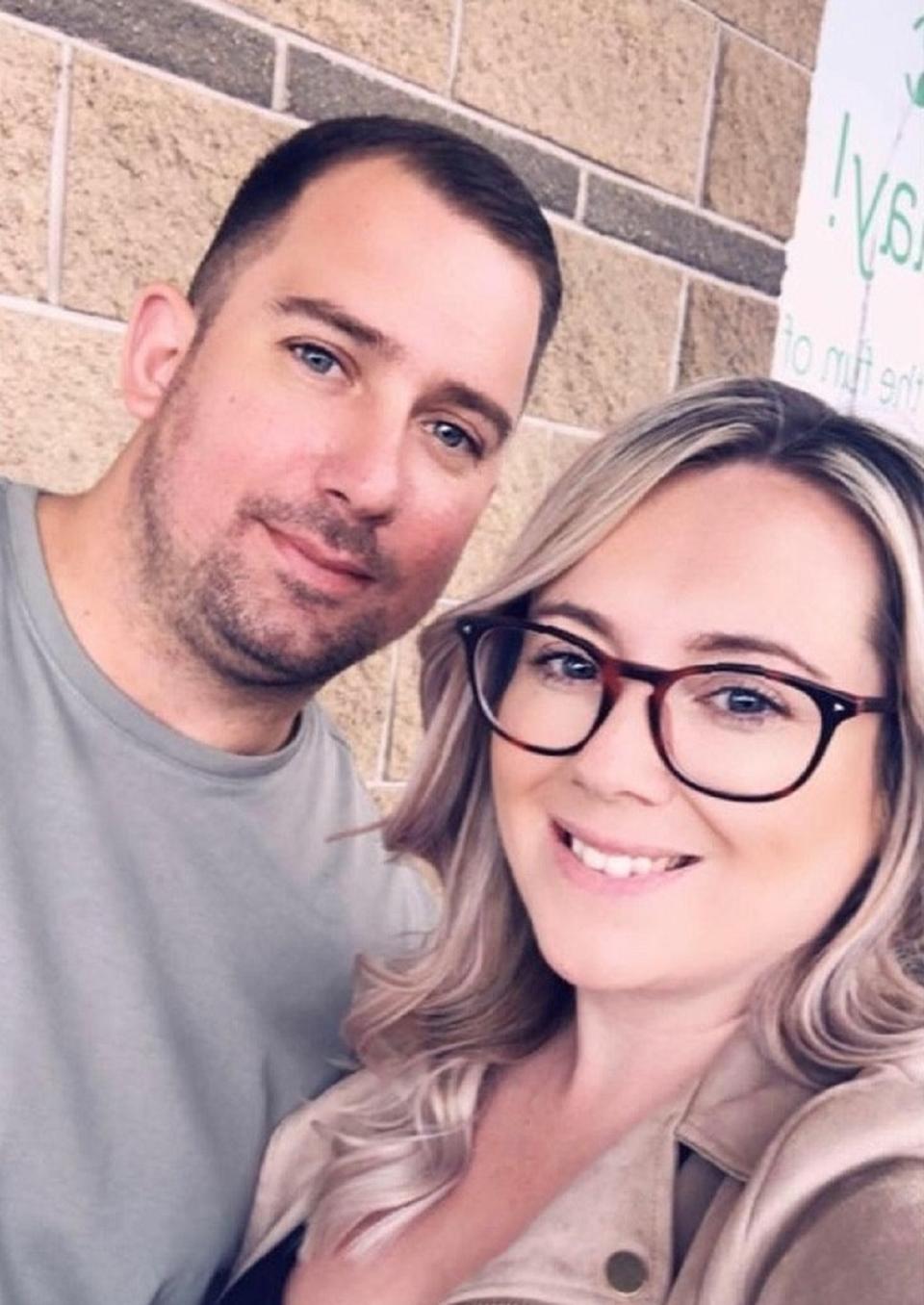Veteran left assessment shouting ‘I won’t get the support I need’, inquest told
An Iraq veteran who died after struggling with post-traumatic stress disorder walked out of a psychiatric assessment shouting “I won’t get the support I need from here”, an inquest has heard.
Lance Shingler, who had previously served with the Army in Northern Ireland and Iraq, died on February 13 last year. A three-day inquest into his death is being held at Villa Park.
Susan Orr, a registered mental health nurse, described how Mr Shingler had been driven from Birmingham Heartlands Hospital A&E to the psychiatric decision unit (PDU), at the city’s Oleaster site, on February 5, 2020.

The PDU was an open unit, where patients had to voluntarily agree to go for an assessment, Ms Orr told the inquest.
She said that when Mr Shingler arrived, a handover from staff at Heartlands said he had been brought to the nearby hospital with a friend, who was a police officer – however he was not in detention.
Mr Shingler, of Stonebridge Crescent, Solihull, near Birmingham, arrived at PDU, and “smelt of alcohol”, with Ms Orr saying she then started the mandatory assessment with him.
However she was unable to complete the process after Mr Shingler, 34, became “agitated”, complained that NHS mental health treatment “did nothing”, and eventually walked out of the unit.

Before leaving, he claimed other veterans’ services from mental health providers in the third sector were too “short-term”.
The inquest previously heard how Mr Shingler had attended a Battle Back course, saying he had enjoyed it, and had been offered a residential PTSD treatment programme and attended workshops delivered by the charity Combat Stress.
Ms Orr, referring to notes she made in Mr Shingler’s records, said the father-of-two made “considerable complaints about all services” while he was at PDU.
Part of the reason he was offered the PDU was because he had told medics at the hospital “I do not care if I wake up”, the inquest also heard.

He had “also made vague unspecific threats to another person, after (stating he was) going home to get drunk”, Ms Orr said.
Ms Orr, of the Birmingham and Solihull Mental Health NHS Trust, had recorded Mr Shingler said the “NHS do not work with veterans and PTSD”.
She said: “He added that the admission to Mary Seacole (a separate NHS-run Birmingham-based psychiatric unit) was also pointless.”
The coroner was told Mr Shingler had been previously admitted to the Mary Seacole unit after an attempted suicide.
Ms Orr said: “He expressed the view that the home treatment (team) did nothing and he did not want to see them.”

At the hearing on Thursday, senior coroner for Birmingham and Solihull, Louise Hunt, asked Ms Orr: “We knew at the emergency department that he had indicated a wish to end his life.
“Understandably, for the family, that’s a very concerning matter.
“Explain why you felt no need to escalate the process?”
Ms Orr said: “At no point in the brief discussion I had with Lance did he mention anything about suicide or self-harm.
“He mentioned no plan and did not say at that point he was feeling suicidal.”
Ms Orr said the recent loss by lorry driver Mr Shingler of his HGV licence, following a crash “with a stationary vehicle which he believed was inappropriately parked”, weighed on the ex-soldier.
She said: “Lance was talking about losing his HGV licence, which meant a considerable drop in income, on to benefits.
“He felt that he was letting his family and children down, and this was clearly some cause of stress for him.
“I asked him ‘you’ve explained what hasn’t worked, do you have a sense of what you need at this time’.
“He told me I was the professional and that I should know.
“Then he just began to shout over me.
“Then he abruptly got up from his chair, said out loud ‘I won’t get the support I need from here’, and that he was unhappy with my attitude.
“I explained he could speak to my manager if he was at all concerned about my conduct.”
Ms Orr told the coroner she was aware of Mr Shingler’s remark to A&E medics about not wanting to wake up.
Ms Hunt asked: “That didn’t change your view of whether his case needed escalation?”
The nurse of 27 years’ experience replied: “The situation was quite fast moving and dynamic.”

As Mr Shingler left, Ms Orr called the police 101 number to report him missing.
Meanwhile, Mr Shingler’s partner Hayley Gough had arrived separately after hearing he had been taken to the unit, and had picked him up.
As a result, the police said he was not a missing person, but made recorded notes on the call log about the PDU incident.
Help can be found by calling the Samaritans, free at any time, on 116 123 or by emailing jo@samaritans.org or visiting Samaritans.org.
The inquest continues.

 Yahoo News
Yahoo News 